This briefing advocates for a broader recognition of young people’s investments in digital intimacies, acknowledging what growing up and learning about sex in the digital age means for young people in order to inform future policy
and practice.
Useful resources for Parents and Carers
Online Nation is a new annual report that looks at what people are doing online, how they are served by online content providers and platforms, and their attitudes to and experiences of using the internet. It brings the relevant research into a single place and aims to act as a data- and insight driven resource for stakeholders at a time of significant evolution in the online landscape.
With the support of local councils and fostering agencies, it is important that foster carers feel confident in dealing with the risks children face both offline and online.
Rules and boundaries you set offline can apply online. Take time to learn about the risks all children and young people face online, including access to inappropriate content and contact from people they don't know, so you can support the children in your care.
Age-verification was approved as part of the Digital Economy Bill in a bid to stop under 18s accessing inappropriate content and Government has designated the British Board of Film Classification as the age verification regulator.
Sextortion is a type of online blackmail where people are tricked into performing sexual acts on webcam and then blackmailed to pay a sum of money in order to avoid images or videos being shared with friends and family on their social media contact lists. There are a wide range of motives behind this type of financial crime.
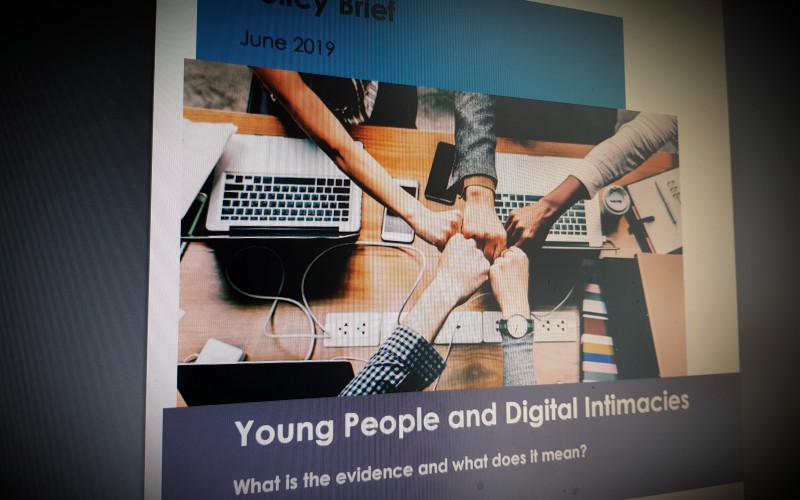
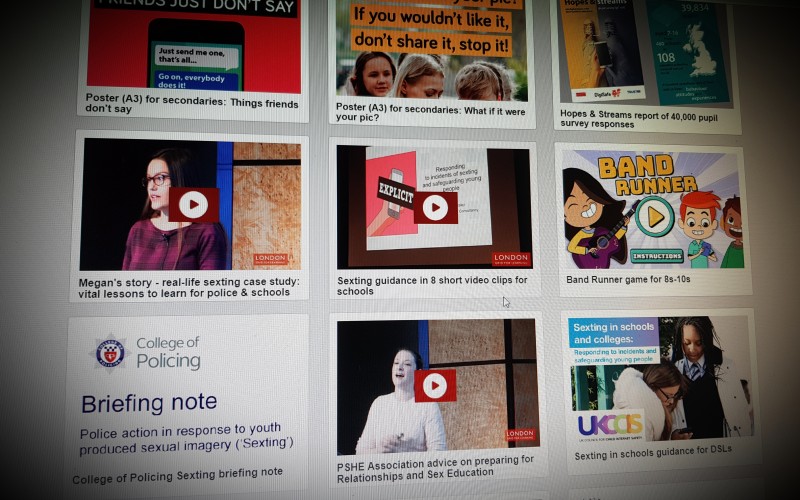
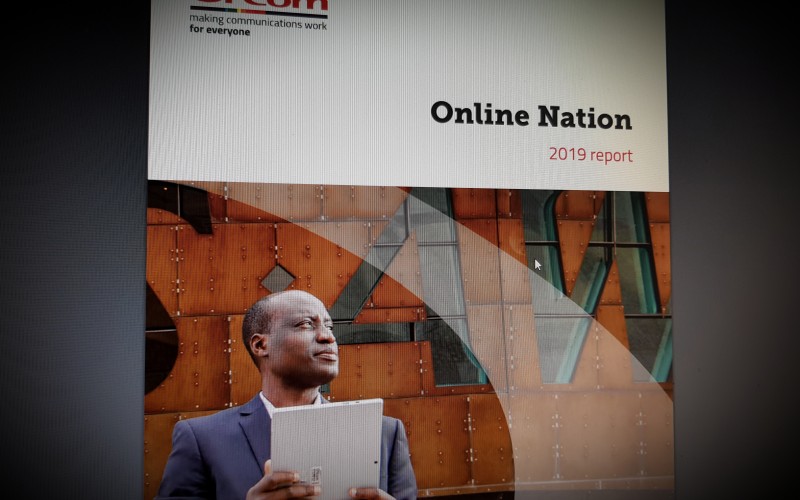
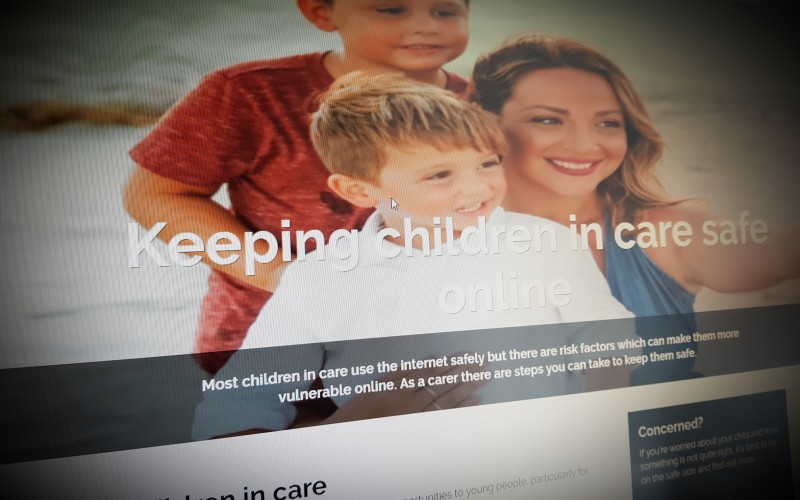
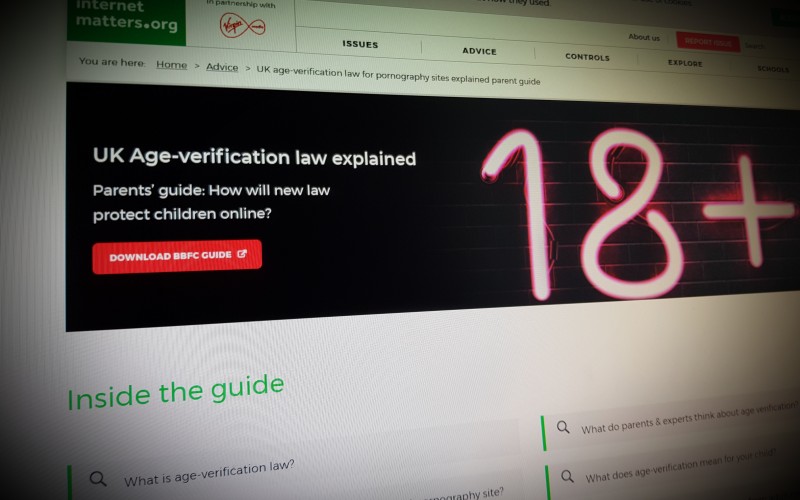
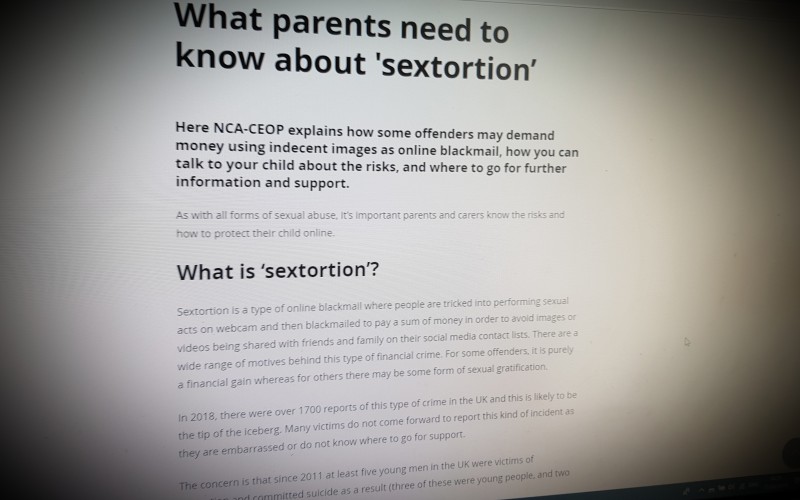
Comments
make a comment